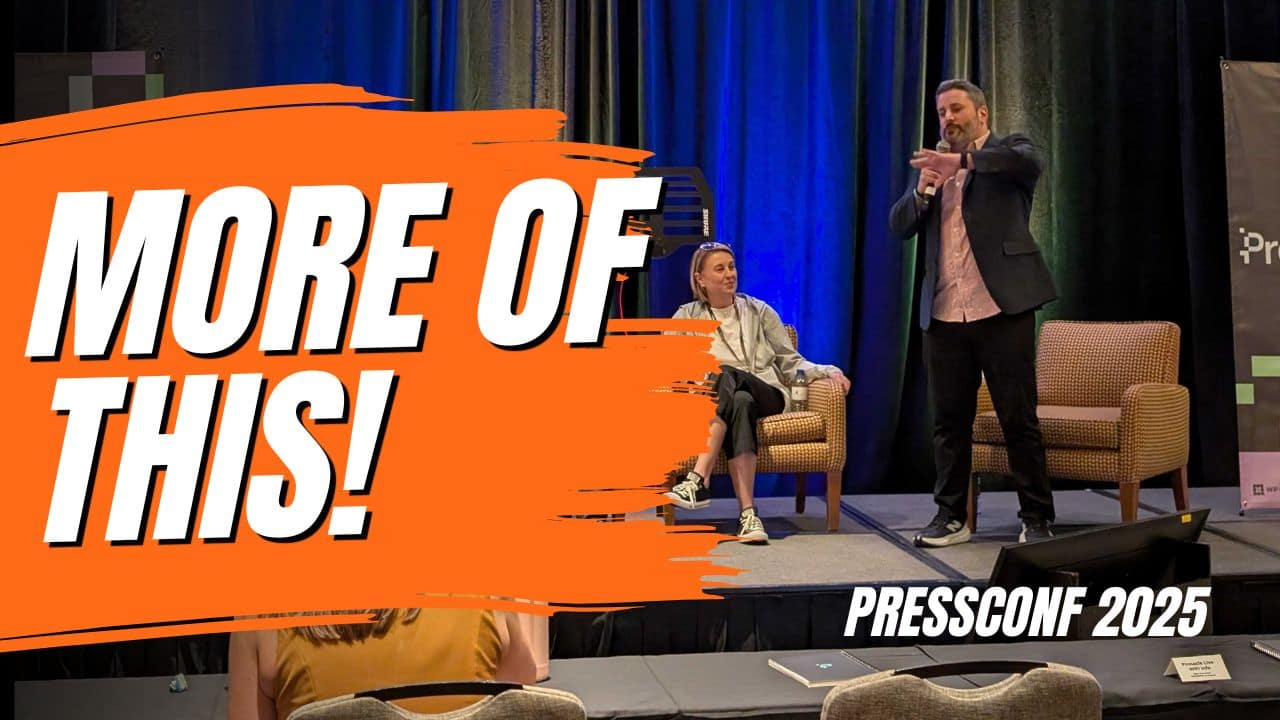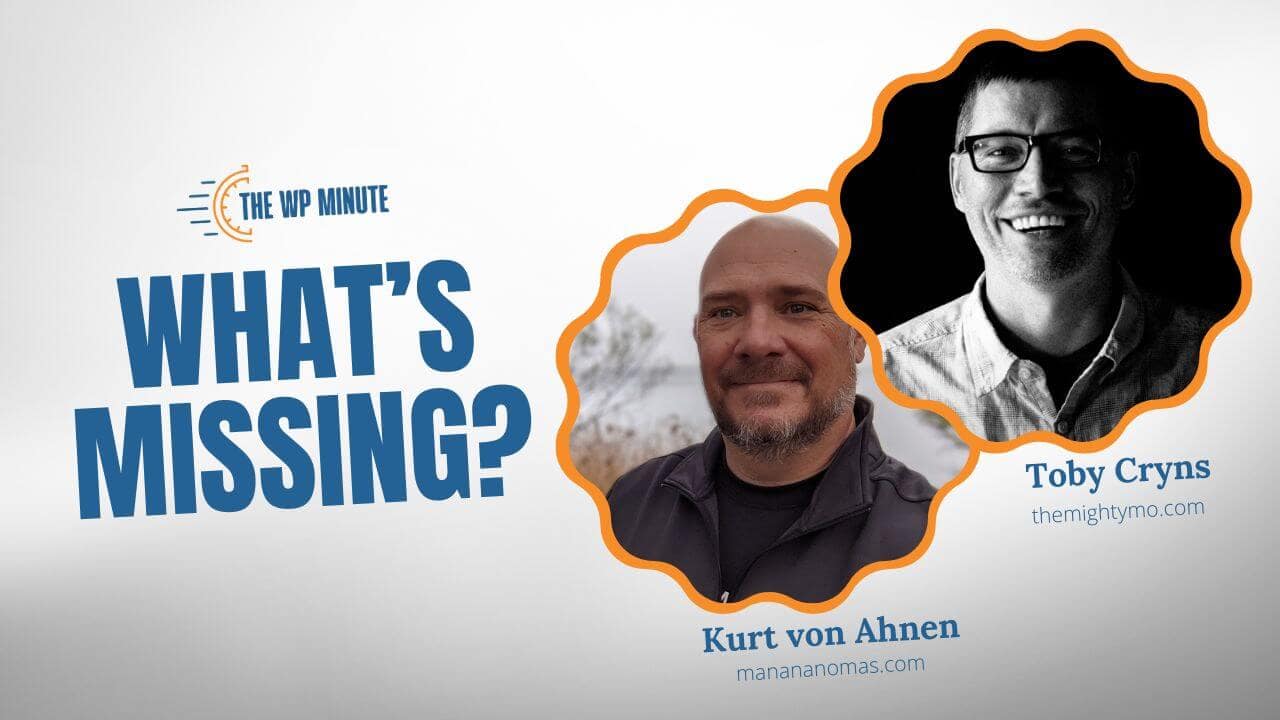I like to say that every decision we make is a leap of faith. Sure, some decisions are of greater importance. But we’re always hoping for the best.
My theory applies to WordPress as well. For example, we hope that the plugins we install work as advertised. We hope they help us resolve a pain point. We hope they’re stable and secure.
All of this requires trust. It’s not easy to establish. It can also vanish in an instant. Seriously, one incident can damage years of hard work.
Product makers face a tall task. They must build and maintain trust with users. And they’ll need to respond accordingly to any hiccups that occur.
So, how do you walk this tightrope? Allow me to share a user’s perspective on establishing trust. They’re ideas WordPress product makers can use to build lasting relationships.
Be Open about Your Features, Pricing, and Policies
Not all surprises are welcome. Users need to know what they can expect from your product – and you.
Sometimes, this information can be lacking on your website. It’s easy to get caught up in marketing speak. That leaves vagueries in your product’s features, pricing, and policies.
For users, this can lead to misconceptions. They may be under the impression that your product does something it can’t. Or that the yearly renewal price will stay the same.
Technical support policies can also be unclear. Consider the time it takes to respond to a user request. Or if some customer tiers receive priority support.
Make sure to explain these items in plain language. Your website is the perfect resource for it. But you can also take advantage of email and social media.
And don’t shy away from one-on-one communications. Prospective users will likely have questions. Take time to provide answers and links to helpful resources. It may not pay off in an immediate sale. However, they’ll remember your efforts.
You’ll gain control over your product’s narrative. And you’ll set reasonable expectations from users. That benefits everyone.
Admit When You Make a Mistake
We all make mistakes. What matters is how we handle them. Do we downplay them? Do we hide from them? Or do we take responsibility?
It’s not uncommon for a theme or plugin to ship with an issue. Perhaps a JavaScript error prevents a feature from working. Or a coding misstep breaks a small percentage of sites. These things happen.
We’re not just talking about bugs, though. You might have made a controversial decision over a feature or your licensing model. It may not have worked as well as you had hoped.
Users will be quick to point these issues out. And not all of them will be friendly or understanding. Thus, your first instinct may be to avoid public outreach.
However, there is great power in taking ownership. Doing so tells users that they can count on you.
Users may not need to know every last detail. Providing a synopsis is helpful, though.
Let them know what happened. Tell them how you rectified (or plan to rectify) it. People can be forgiving if you give them a chance.
Stay in Touch with Users
WordPress users have come to expect product updates. Hitting the update button has become part of the culture.
For instance, some plugins have an established cadence for releasing new versions. Knowing this means we can prepare for what’s to come. It also gets us in the habit of checking our sites.
But what if your product doesn’t fit that mold? That’s OK. A constant stream of updates isn’t always a necessity.
The challenge is that time spent away puts your product at the back of the line. Some users may wonder if your product is still actively maintained. Security scanners might consider it abandoned.
It’s a common sight in the WordPress.org support forums. Users ask if the product is still alive. By not responding, the author creates more speculation.
It becomes harder to trust a product that goes silent. Therefore, stay in touch. Remain active on social media or your site’s blog. Answer questions from concerned users.
These little acts mean a lot – even if you aren’t releasing anything new. Don’t go off the grid!
Show Them Who You Are
It’s hard to trust an anonymous product maker. Think about it.
Even major corporations have people to serve as representatives. Perhaps you don’t buy a car from the CEO of an automaker. But you do buy one from a salesperson.
Users want to know a little bit about who is behind a product. It’s easier when there’s a personal connection. Yoast SEO founder Joost de Valk recently stated the importance of showing users who you are:
Some people are understandably uncomfortable in the spotlight. But you don’t have to overshare or get too personal.
A photo and a few words about your background or mission can be effective. The same goes for team members. It adds an element of humanity to the mix.
We tend to dehumanize products when we can’t see who made them. Thankfully, there’s an easy way around this challenge. A nicely crafted About Us page will solve it.
Trust Is Essential for Long-Term Success
People use WordPress for all manner of websites. They rely on their site to communicate and make money. They trust that the plugins, themes, and services they choose can do the job. It’s mission-critical stuff for many.
That’s why establishing trust is essential. Sure, a user may install your product to give it a try. But they need to feel confident in its long-term viability. Otherwise, the experiment may be short-lived.
You have the power to build that relationship with them. It starts with clear communication and setting the right expectations.
From there, it’s about sharing knowledge and being open to dialogue. Consistency is also a key factor. Make sure that users know you’re there for them.
You don’t have to be perfect. But it does require an open and honest effort. That can set you up for continued success. And happy users will be more than willing to tell everyone they know.
Things like great features and competitive pricing will get you far. But trust is what will seal the deal. Consider it in everything you do.
Join The Newsletter
Get your favorite 5 minutes of WordPress news for busy professionals every week — 100% Free! Join the WP Minute Newsletter below 👇






